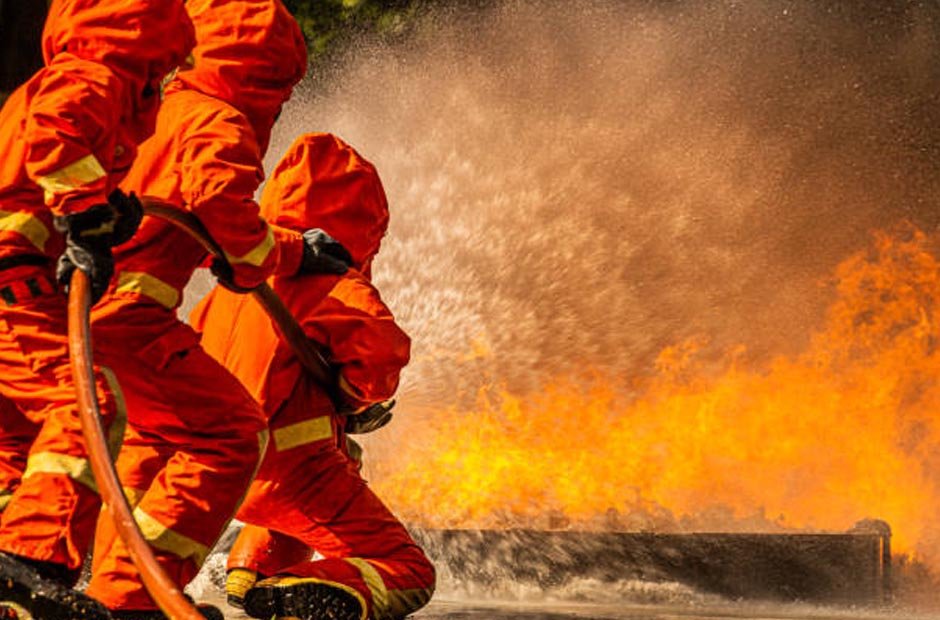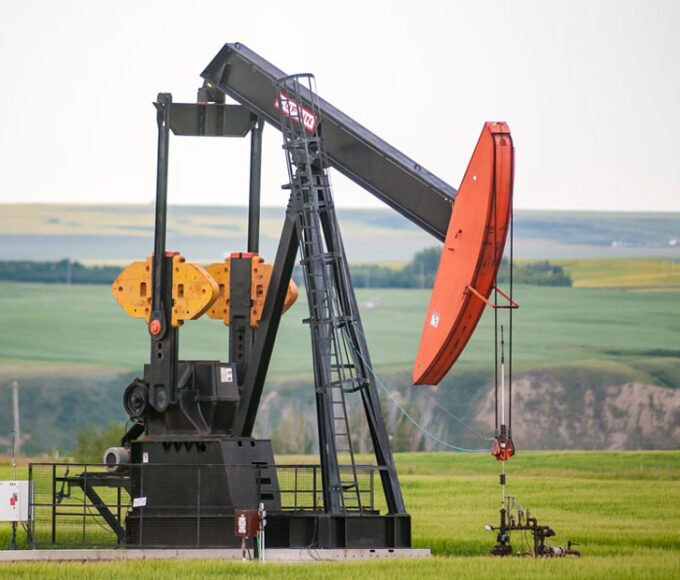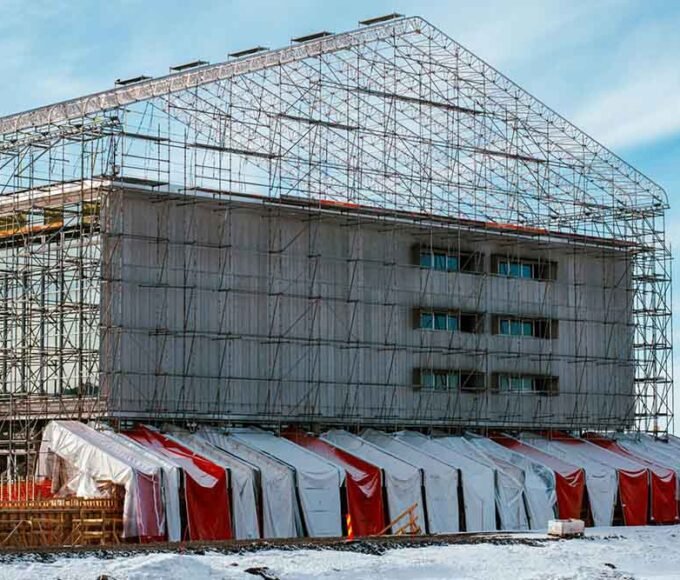In industries prone to high risks like construction, prioritizing safety is the foremost concern. Ensuring a secure environment involves every decision, tool, and worker contributing to safety on-site. Within this realm, drug testing emerges as a crucial element in comprehending substance complexities within construction—an indispensable factor in fostering a safe and productive work setting. If you are still skeptical about implementing drug screening near me, here are the compelling reasons why integrating drug testing into your company policies is imperative.
Why Drug Screening is Important for Construction Companies?
According to the 2011 Work Health and Safety Act, an employer must furnish a secure working space. Employee drug use, whether at home or during work hours, poses a threat to this mandate. Consider the long-term repercussions: rehabilitating injured employees incurs significantly higher costs compared to investing in and implementing workplace drug testing kits.
Ensuring the workplace remains free from drugs is not merely a regulatory necessity; it represents a strategic decision offering multiple advantages to businesses.
Ensuring Safety at the Workplace
Boosting safety remains the foremost goal of implementing a construction drug testing policy, aiming to elevate the safety standards across construction sites. Workers grappling with substance abuse tend to be prone to accidents, posing risks not just to themselves but also to their colleagues. Establishing a definitive policy communicates a firm dedication toward maintaining a workplace free from drugs and substances.
Reducing Cost Due to Accidents
Cost reduction emerges as a significant outcome of drug testing for construction firms. This manifests through decreased expenditures associated with workplace incidents like medical bills, worker compensation claims, and possible legal charges. Additionally, it serves to avert productivity dips resulting from absenteeism or decreased work output due to substance abuse.
Declining Accidents
A majority of workplace accidents stem from employees using drugs and alcohol; unlike office settings where a lack of attention might result in minor mishaps, industries like construction demand a drug-free, attentive workforce to prevent severe accidents leading to injuries or fatalities. This necessity makes drug testing not just recommended but a standard procedure. Beyond safeguarding the individual, it ensures the safety of coworkers and company assets. The impact of drug use on reaction times and decision-making is well-known. When drugs cause a significant workplace accident, we can expect substantial distress for everyone involved. So, knowing it could have been averted by implementing a drug testing policy with employee testing kits would compound the regret.
Boost Employee Productivity
Research indicates a noticeable decline in employee productivity due to drug usage, leading to reduced morale and increased absenteeism. The Drug and Alcohol Testing Industry Association revealed that a significant percentage of companies experienced heightened productivity following the introduction of drug testing initiatives. Such programs curtail instances of high absenteeism among employees. Moreover, these initiatives convey the company’s dedication to ensuring a secure work atmosphere, fostering an upsurge in employee morale.
Better Health and Well-being of Employees
Encouraging employee well-being remains a crucial aspect. When you conduct routine drug screening, it offers a chance for early identification and support in case an employee grapples with addiction problems, actively contributing to their holistic health. Always prioritize a secure work environment—it is far better to be proactive than regretful.
Builds A Firm Reputation
By actively deterring drug abuse at work, your organization communicates a profound sense of care. Simply introducing pre-employment drug screenings results in fewer candidates testing positive for various substances. When the applicants get to know about the drug screening policies, it dissuades drug users from applying altogether. A company upholding stringent drug-testing standards conveys a robust dedication to safety and professionalism, elevating its standing among clients and competitors.
Conclusion
Maintaining a drug-free environment is crucial in construction, impacting safety and productivity. Various drug testing methods are employed to identify substance misuse among employees. Among methods for drug screening, urine tests prevail as the most prevalent in construction due to their cost-effectiveness and reliability in detecting a broad spectrum of substances like marijuana, cocaine, opioids, and amphetamines. While blood testing reigns as the most accurate, its infrequent use is due to its invasive nature and higher expenses.
















